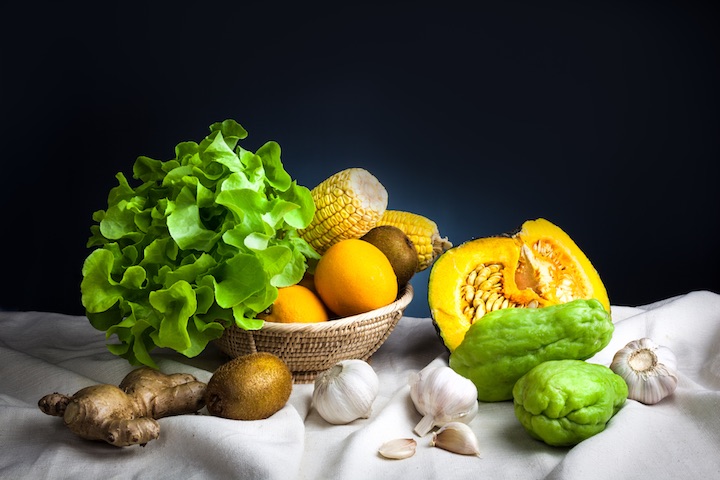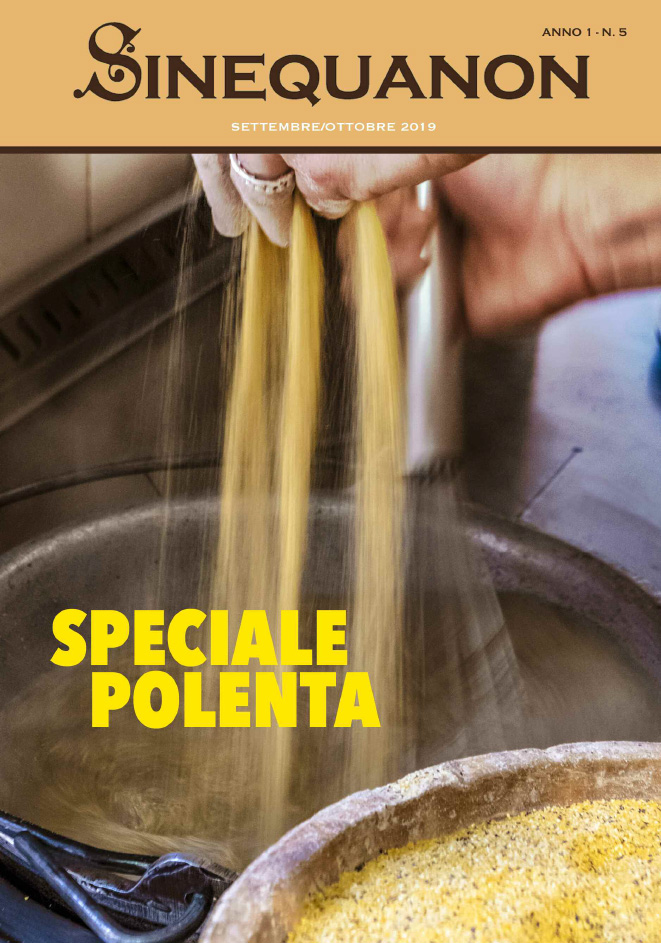by Teresa Carrubba
The first person to maintain that eating green stuff equals eating weII seem to have been none other than Pythagoras, the Greek mathematician andphilosopher of the sixth century B.C. From that time onwards, a whole race of thinkers, artists and historical characters (Plato and Titian, Voltaire and George Bernard Shaw, Leonardo da Vinci and Tolstoy, for instance) have upheld the vegetarian cause. Even today there seems to be an aura of mystery surrounding this manner of eating – and some suspicion, too. There are those who look on vegetarians as ascetics, pecking away at their insipid vegetables instead of enjoying the delights of the table.
The fact is, however, that vegetarianism is a complex world, in which a variety of different attitudes coexist. Sometimes they are the product of deep meditation; sometimes of a healthier option, one that may be partly moral or philosophical, but not necessarily Spartan. From a standpoint strictly of health, vegetarians claim not only that the human organism is more adapted to the life of a herbivore than that of a carnivore (beginning with its teeth), but above all that feeding on vegetables prevents the so-called “illnesses of progress.” Research carried out on groups of vegetarians, such as Buddhist monks, has revealed a very low level of cholesterol, the principal cause of arteriosclerosi and heart attacks. The moral and religious motives, on the other hand, arise out of the refusal to kill living creatures.
There are also those who go further, ascribing to vegetarianism the power to influence the character of man. Einstein himseif maintained: “A vegetarian way of life, with its beneficial effects on humankind, could improve the lot of humanity.” Certainly, the illustrious scientist was referring to a well-organized and balanced vegetarian diet, accompanied by healthy habits of life, both physical and mental.
Aside from all the arguments, the way in which vegetarians live out their creed also varies. Alongside the more moderate vegetarians who limit themselves to refusing meat and fish, are the vegans, who abhor not only meat and fish but also animal products such as milk, eggs and even honey. There are some who go further still and become a fructarian or raw-food eater, one who only eats fruit, (and even often excluding the seeds, so as not interfere with the life-cycle of the plant), or only raw foods, which also excludes many vegetables and cereals from the diet. Yet, leaving the extremisms to those who seek some kind of expiation in vegetarianism, we must at once refute one common illusion: the vegetarian cuisine is definitely not a mere list of flavourless soups and boiled greens.
On the contrary it can be a triumph of imagination and flavours. There are tasty dishes borrowed from the Mediterranean cuisine, such as pasta with vegetable ragout, stuffed vegetables sprinkled with grated cheese, strudels, vegetable timbales and soufflés, creamed legumes, cakes and tarts made from cereals. Legumes are very popular with vegetarians: soya, which even looks a bit like the forbidden meat, is made into steaks, chopped “meat,” and even wurstel sausages. All of this “bound together” with milk, eggs and cheese, which complete the nutritional requirements of the diet. Given the growing interest in the “green” cuisine, thanks both to modern dietary education and to philosophical conviction, restaurant associations are now putting forward proposals to introduce an alternative vegetarian menu as standard practice.




